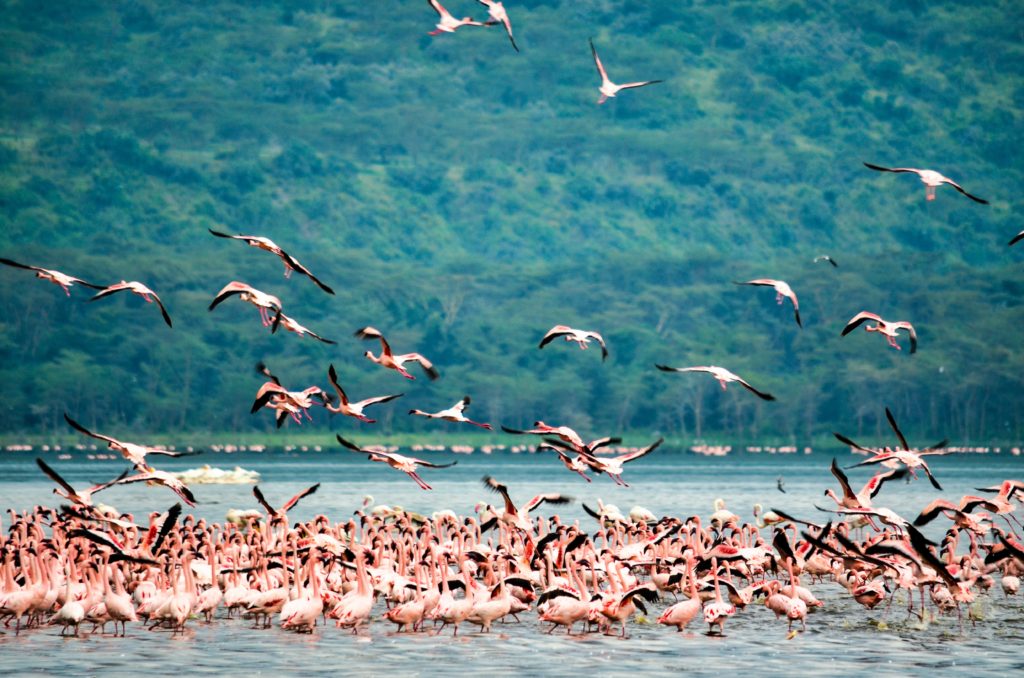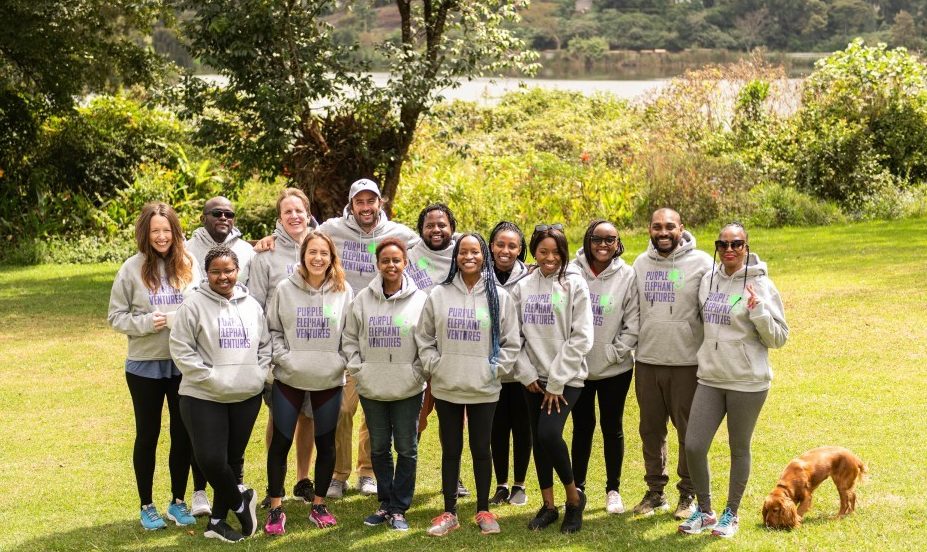Venture studios are few and far in between in Africa. Instead, there are myriad venture capitalists (VCs) and accelerators that operate by giving founders access to funding and a much-needed support network. A venture studio and a VC share some similarities. They both offer funding and support to founders and companies, but they differ in the manner in which they offer this support.
A venture studio will typically develop an idea, create a company around it, then hand over the reins to a qualified CEO while remaining on as part of the board of directors, while a VC funds companies that already exist and have shown some level of success.
Also, venture studios are typically focused on one industry or sector and develop companies in quick succession. They give companies their first check, their first team, and the strategic direction required to scale and achieve product-market fit.
Venture studios have started to pop up on the continent. Fast Forward Venture Studio and Adanian Labs, both venture studios, launched this year and plan to make an impact with 3-5 companies yearly and 300 companies over 5 years, respectively.
Last month, Purple Elephant Ventures announced their pre-seed round of $1 million, which they will use to build at least 3 companies every year in the tourism sector. On a call with TechCabal, Ben Peterson, the venture studio’s cofounder and CEO, explained that the studio is focusing on the sector because of its importance to Africa’s economies and the lack of adequate focus on tourism from the private and public sectors.
“If you map all of the startups in Africa to the industries that they occupy, you’ll see a tremendous gap in the tourism sector. There are thousands of startups in agriculture, fintech, energy, health, and education, but there are almost no investable startups in the travel and tourism sectors.”

According to Peterson, Purple Elephant has identified some pressing issues in the travel and tourism sector, including safety, efficiency, infrastructure, and channel diversification. To address these, the studio will create startups that operate at the nexus of travel, technology, and the environment.
When asked how they identified these issues, he said, “ We break down problems in a scientific way, looking at multiple different angles on each problem. We then look at potential solutions to those problems from about 30 different angles.” He added that this approach allows them to create a ranked list of potential business ideas.
When these business ideas eventually become startups, Purple Elephant will also use a similar approach to decide if the startup is successful or failing. Peterson explained that because Purple Elephant will have an oversight role as a member of the board of directors, they will be devoid of the misplaced stubbornness that a lot of founders have. “ We can be highly analytical about the success or failure possibilities of each of our businesses, and we can move to kill the ideas that are not reaching their full potential rather quickly.”
He added that he and his cofounders, Jan Van der de Willebois and Mikul Shah, chose the venture studio format because they wanted to “populate the industry with a volume of startups,” which he explained was urgently needed in the sector.
Purple Elephant has already launched two companies; Nomad Africa, an eco-focused content-to-commerce business, and Elephant Bookings, a B2B software-as-a-service product that builds booking systems for safari lodges.
Both startups are currently without a CEO, and Peterson said that the venture studio is looking for “true entrepreneurs” to hand over the reins of the businesses to. He added that the CEOs would have a lot of leeway and latitude to run the businesses the way they want to. Purple Elephant would also offer legal, operational, and fundraising advice and support to the companies in their infancy.
Most startup founders and CEOs are privileged in that they can forgo compensation for extended periods of time until their business becomes profitable, and they have the financial wherewithal to take this risk. Acknowledging this, Peterson added that Purple Elephants would also consider founders that might not have the opportunity or resources to start their own company, and he hopes that by doing so, opportunities will be provided for those that do not have the risk profile to start their own businesses.
In 2019, the year before the global lockdown, tourism contributed 6.8% to Africa’s GDP and was responsible for 25.48 million jobs, according to data from the World Travel & Tourism Council (WTTC). Last year, following the effect of the lockdown, the sector contributed 4.4% to the continent’s GDP, a 23.5% increase from 2020. It also accounted for 21.25 million jobs, representing 4.8% of the total number of jobs on the continent.
Despite these numbers, Peterson said that Purple Elephant chose to focus on because of how outdated they found the industry to be. “ When you try to find the websites of some of the most famous safari lodges in Kenya, many of them don’t even have websites. Those that do have websites are super out of date. Most of the time, you can’t even book a safari experience directly on the website of the camp, you have to go through a phone number or email,” he said.
He added that by creating companies that would make the sector more efficient, more jobs would be created and more money would flow into the continent. The presence of startups creating unique solutions would also allow tourism to reach its full potential on the continent.
According to Peterson, Purple Elephant will judge its impact based on the climate. “All of our businesses that we’ve built, and we’re continuing to build, are all trying to, either through climate mitigation or climate adaptation, unlock the power of tourism to protect and preserve Africa’s natural capital.”
For a myriad of reasons, the tourism industry in Africa has yet to reach its potential. The private sector and the public sector rarely collaborate. The regions are inadequately connected due to poor security and infrastructure. High taxes on tourism investments, coupled with the bureaucracy surrounding visas, have contributed to little capital flows compared to other sectors.
According to a survey, startups launched by venture studios experience a 30% higher company success rate than non studio startups. Purple Elephant’s mission to modernise a sleeping giant, and their plan to launch numerous companies tackling the same issue might be effective. However, there lies a bumpy road ahead and only time can tell if they revitalise Africa’s tourism sector.





















